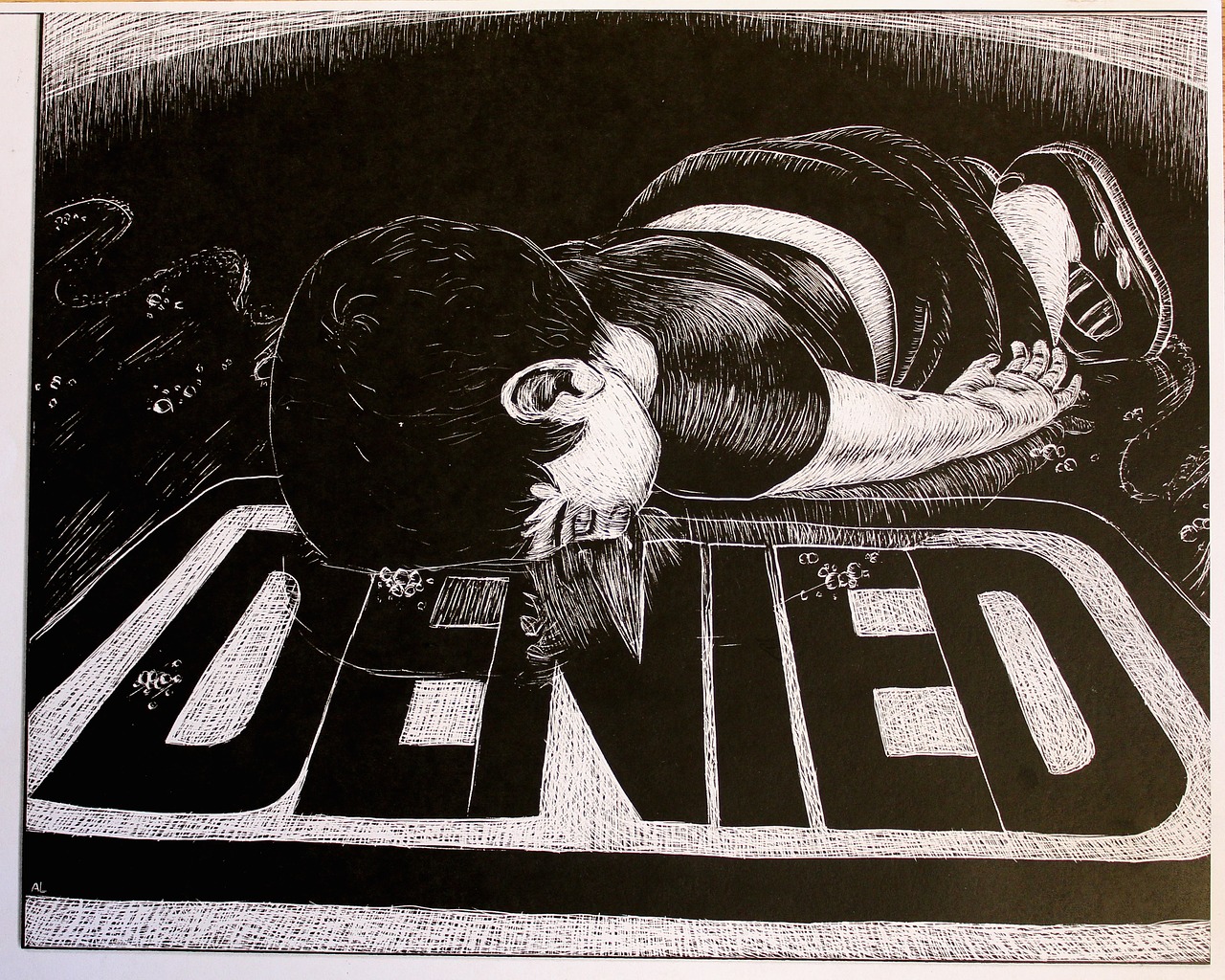What gives some people the right to rule others? At least since John Locke’s time, the most common and seemingly compelling answer has been “the consent of the governed.” When the North American revolutionaries set out to justify their secession from the British Empire, they declared, among other things: “Governments are instituted among Men, deriving their just Powers from the Consent of the Governed.” This sounds good, especially if one doesn’t think about it very hard or very long, but the harder and longer one thinks about it, the more problematic it becomes. One question after another...













